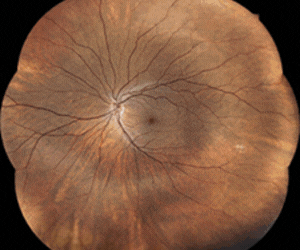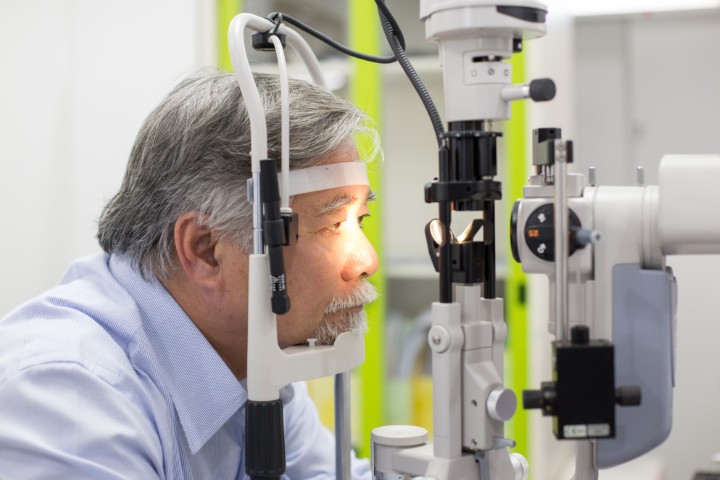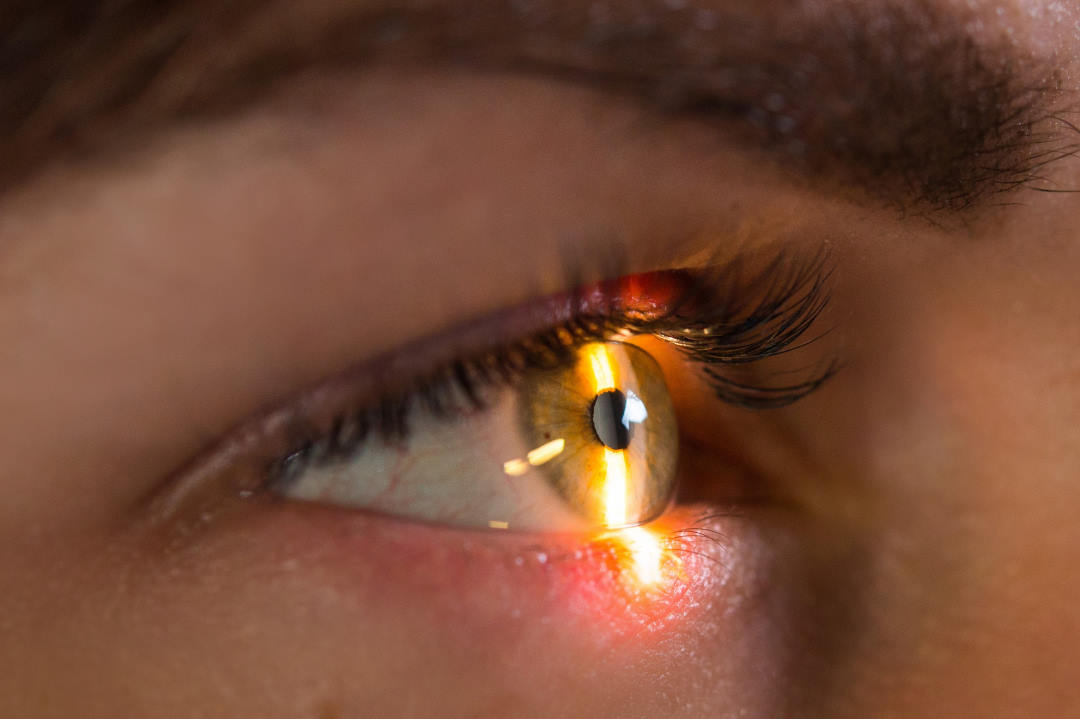Post-Covid eye problems examined
A Swedish study is looking into why some people who have recovered from Covid-19 experience long-term eye problems and if the phenomenon can be measured using biological markers.
Pain, a gritty feeling, light sensitivity and watery eyes appear to affect people who’ve had Covid-19, said Professor Neil Lagali from the department of biomedical and clinical sciences at Linköping University. “I’ve met patients with these symptoms and it’s very important for them to get an explanation as to why they’re suffering. But we still don’t know why they have these long-term eye problems after contracting Covid-19.”
Among a group of patients who were admitted to hospital with Covid-19 and later recovered, one in 10 reported eye problems, with some experiencing issues a year post-infection. After routine eye examinations failed to explain these problems, Prof Lagali and his team are now investigating if patients’ autonomic nervous systems have been affected, by measuring pupillary reactions and ocular nerve function, to establish if any remaining low-grade inflammation in the eye is responsible.
The other objective is to find any biological markers for post-Covid in their eyes by analysing tear fluid from affected patients and comparing that with the tear fluid of who were admitted to hospital with Covid but didn’t experience eye problems, said Prof Lagali. “Right now, there’s no reliable way to confirm whether somebody is suffering from the condition. But it’s possible that many more people will be affected by it in the future, so it would be good to have an objective test.”



























